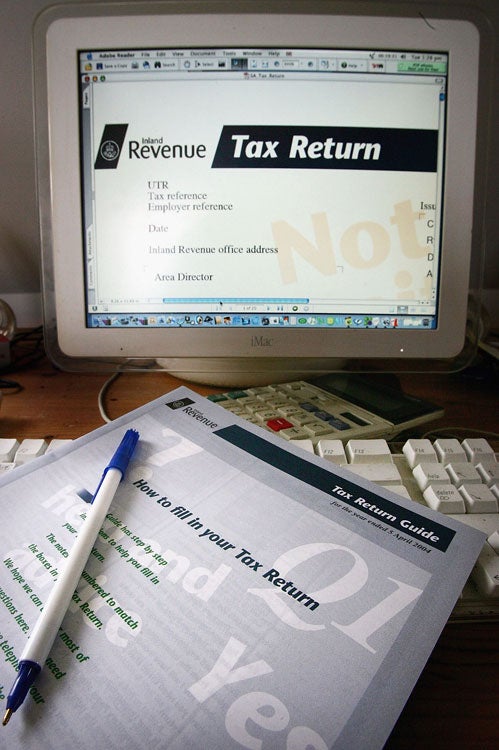The Independent's journalism is supported by our readers. When you purchase through links on our site, we may earn commission.
Fact File: Tax Avoidance

As any first-year accountancy student will tell you, there’s a big difference between tax evasion and tax avoidance. While the former could land you in prison for seven years, the latter is the perfectly legal use of loopholes by celebrities, big business, and anyone else who can afford a financial advisor.
Or that was the pre-recession consensus, at least. With public coffers emptying faster than a leaky bucket and “benefit scrounger” rhetoric losing steam, tax avoidance has become moral outrage magnet for both left and right. In 2010 protest group UKUncut mounted a campaign against high street tax avoiders and by 2012 Conservative Chancellor George Osborne was also on board, promising to crackdown on "aggressive tax avoidance" in his Budget speech.
Since then, the press have outed high-profile tax avoiders at regular intervals including top level civil servants, mayoral candidate Ken Livingstone, musician-turned-activist Bob Geldof and comedian Jimmy Carr, whose K2 tax scheme David Cameron branded “morally wrong”. But if everyone agrees these schemes are wrong, why are they still legal?
The Numbers
1% - Income tax rate reportedly available to members of the legal K2 tax scheme used by Jimmy Carr. Source: The Independent
98 – Number of FTSE 100 companies operating out of tax havens. Source: ActionAid
£25bn – Estimated annual cost of tax avoidance, according to 2008 research. £13billion of this is lost to individuals and £12billion to the 700 largest corporations. Source: Tax Research UK and the TUC
10% - Average rate of tax paid by top earners, according to a confidential HMRC study seen by George Osborne. Source: The Telegraph
Further Reading
HMRC goes on £1bn retro warpath, David Jetuah, AccountancyAge, 2010
Your Money and How They Spend It: Tax Avoidance, BBC Two, 2011
Tax avoidance – it’s not what you earn that counts, it’s what you pay. Mary Dejevsky, The Independent, 2010
Let Jimmy Carr’s hypocrisy be a timely lesson to the Chancellor, Matthew Norman, The Independent, 2012
How Apple Sidesteps Billions in Taxes, Charles Duhigg, The New York Times, 2012
Timeline
1696 – Windows are bricked up to avoid the window tax. It is eventually repealed in 1851.
March 2010 – The Government sets out plans to raise £1.6bn by allowing HMRC to crack down on tax avoidance retrospectively
Feb 2011 – Barclays reveals its UK corporation tax bill for 2009 was £113m, amounting to around 2.4 per cent of its £4.6bn annual profit.
May 2011 – Robert Field, the head of tax at Farrer & Co, the Queen’s lawyers, advocates tackling corporate tax avoidance by switching from a “legal certainty” approach to a principles-based approach.
Nov 2011 – HMRC officials are criticised over deals with Vodafone and investment bank Goldman Sachs, which allowed them to pay less tax than they'd otherwise be liable for.
Feb 2012 – Following the revelation that head of the Student Loans Company avoids tax by having his salary paid into a limited company, the practice is revealed to be common throughout Whitehall
June 2012 – Comedian Jimmy Carr and members of the pop group Take That are outed as beneficiaries of tax avoidance schemes.
Join our commenting forum
Join thought-provoking conversations, follow other Independent readers and see their replies
Comments
Bookmark popover
Removed from bookmarks